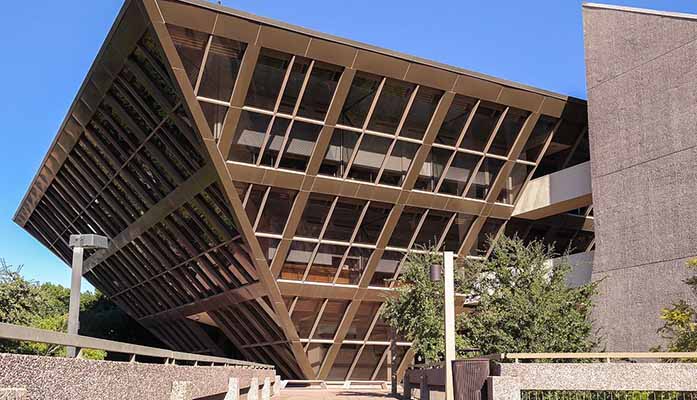
The holiday season is here and 2024 is drawing to a close, but cities across Arizona are taking no time off from imposing burdensome and outlandish policies on their residents. From blaming small businesses for upticks in crime to bringing back red-light cameras across the Valley, local government lunacy was in full effect in the fourth quarter of 2024. Here are three highlights:
Smile, You Are on Camera
“If at first you don’t succeed, try, try again” is usually not the best approach for failed public policy. However, some Valley cities disagree. Despite public backlash, the Phoenix and Tempe City Councils have voted to bring back red-light cameras. (The Phoenix City Council removed red-light cameras from intersections in 2019 but is now resurrecting the unpopular automated enforcement.) Moreover, the Goodyear City Council voted unanimously to allow previously installed red-light cameras to begin recording drivers and saving the footage, rather than use the cameras only for live footage, as has been done for the past several years.
It’s not hard to understand why many citizens see red-light cameras as a money grab on the part of their government. Nor does it seem coincidental that these monitoring devices are being installed at the same time the cities are about lose revenue after the Arizona Legislature eliminated the rental tax. There are legitimate privacy concerns as well, not to mention the oft-unfair ticketing practices that are attached to the red-light cameras. Rather than address issues like understaffed police departments, Valley cities like Phoenix, Tempe, and Goodyear are seemingly focused on turning a profit off the backs of their hard-working citizens.
Small Businesses Get the Blame
Tucson has a crime problem. Rather than address this problem by staffing an adequate number of police officers or by enforcing the laws it already has on the books, the city has turned its focus toward targeting small businesses.
The Tucson City Council voted unanimously to limit the hours of operation for local hookah bars, which it is blaming them for recent crime in the city. Hookah bars in Tucson can no longer employ minors or allow minors to enter the building. Meanwhile, it is business as usual for regular bars that serve alcohol into the wee small hours of the morning.
If the owners of these hookah bars do not comply with the new ordinance, they could be slapped with misdemeanor charges. Tucson elected officials continue failing to address the actual issues facing their residents and are instead casting blame on hardworking, law-abiding business owners. It’s time they got their priorities straight.
Sedona Takes Aim at Banning Weapons
The Sedona City Council found a solution to a problem that didn’t exist. BB guns, crossbows, pellet guns, slingshots, and longbows are now prohibited in parks and “open spaces” throughout the city. The term “open spaces” was left undefined, leaving room for interpretation, which means that, in theory, these types of weapons are banned anywhere within city limits, including private property.
The ordinance, which also states that firearms may not be discharged within city limits unless they are used in self-defense, could have been even worse. The mandate’s original language outlawed “lethal” weapons, including firearms and knives, from trails, open spaces, and parks.
Still, Sedona is trampling on its citizens’ rights. The city council should repeal the ordinance, and leave its residents’ freedoms alone.
Austin VanDerHeyden is the Director of Municipal Affairs at the Goldwater Institute.

